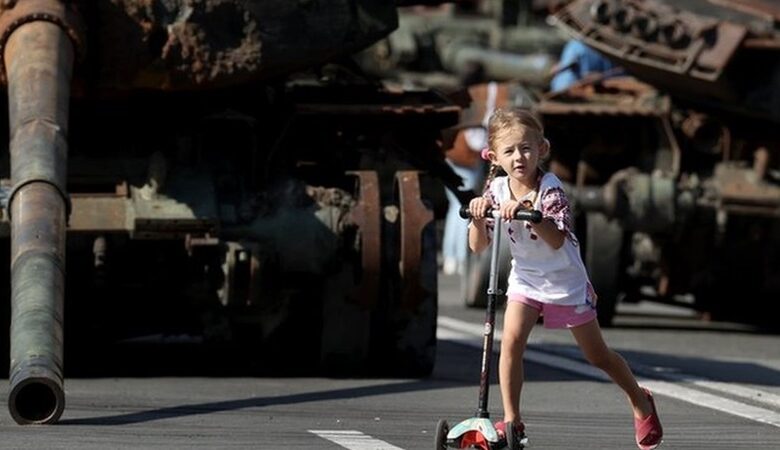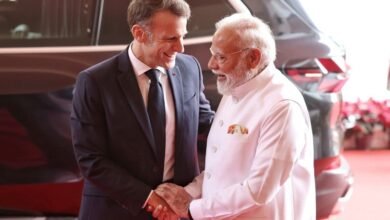Belfast Photographer Recounts Harrowing Russian Ambush in Ukraine

News Mania Desk/Agnibeena Ghosh/15th July 2024
Conall Kearney, a conflict photographer from Belfast, has shared his harrowing experience of surviving a Russian ambush while reporting on the war in Ukraine. Kearney, commissioned by the Ukrainian government-funded United24, joined a reconnaissance mission along the frontline that turned into a 14-hour battle in May.
Kearney’s interest in documenting war and conflict has taken him around the globe, but his journey began closer to home, covering riots and parades in Belfast. Over time, he expanded his scope, capturing protests in Berlin and the Hong Kong ‘Umbrella Revolution,’ and reporting on the 2022 Lebanon Election. Describing his work as “like an addiction,” Kearney acknowledged the thrill of navigating chaotic situations and emerging with compelling photographs.
Kearney first visited Ukraine in 2018 and felt an immediate connection to the country. When war erupted in 2022, he was compelled to return. “It was a direct train from Berlin to the Ukrainian border; within a week I was on the Russian border,” he said. Kearney was among the last journalists in Bakhmut before it fell to Russian forces in February 2023, witnessing the peak of the battle and the subsequent Russian military occupation. He also documented the Russian advance in Avdiivka and the siege of Kharkiv.
In May, Kearney and a colleague joined the Kayfariki unit, a group of Ukrainian fighters composed of left-wing FC Arsenal Kyiv fans. Although he kept the exact location confidential for safety reasons, he confirmed it was in the Donbas region. Unbeknownst to the Ukrainian forces, Russian troops had identified their position and planned an attack that began in the early hours of the final day of their mission.
The ambush began with a three-hour bombardment, followed by a convoy of tanks that stormed their town, initiating 14 hours of intense combat involving gunfire, artillery, and drones. Kearney estimated that approximately 70 Russian soldiers were pitted against just eight Ukrainian fighters. The Russians were so close that Kearney could hear them strategizing.
When Kearney asked the commander for a plan, the response was grim: “Dying is not part of the plan. We’re going to escape, but it’s probably not going to work.” Faced with dwindling ammunition and mounting injuries, Kearney and his comrades prepared for the worst. “I accepted I was dead,” he admitted. Despite the dire situation, the unit managed to escape under the cover of night, running three kilometers while under Russian gunfire. Miraculously, none of them were hit, and they were eventually rescued by Ukrainian troops.
Reflecting on the ordeal, Kearney considered himself fortunate to have survived with zero casualties. After recovering, he returned to Ukraine to reunite with the Kayfariki unit, now back on the frontline. “I met them all. They were in pretty good spirits,” he reported. During the ambush, Kearney frequently heard his comrades repeating a phrase he didn’t understand. When it was finally translated, he learned they were saying “I love you” to each other, a testament to their solidarity and resilience in the face of overwhelming adversity.






